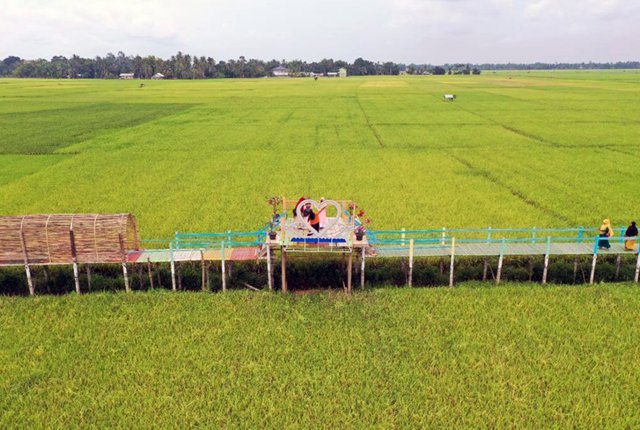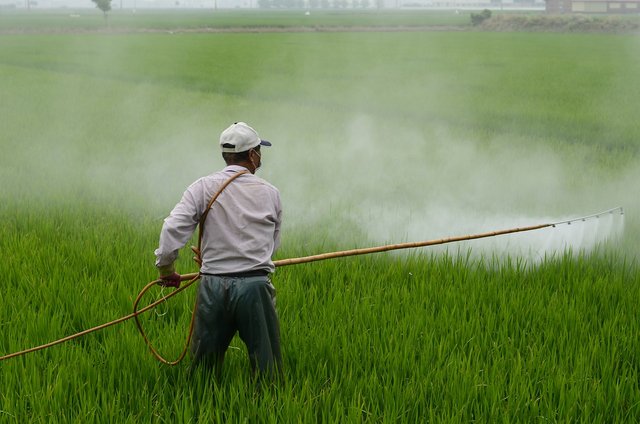Optimizing the Role of Baitul Mal Aceh |
Baitul Mal Aceh or BMA has an innovative program by providing employment insurance for poor farmers. This program is considered to be one of the strategic efforts to protect vulnerable workers who have not been touched by social security.
Aceh Besar Regency was chosen as the location for the pilot project. If this is successful, it is hoped that similar programs will be continued in other cities and districts in Aceh. It is possible that later the target group will not only be poor farmers, but also other professions who have been living below the poverty line.
With its potential, Baitul Mal Aceh should indeed be able to reach various community empowerment programs, especially in aspects that have not been worked on by related agencies.
Baitul Mal Aceh is a non-structural institution in Aceh that manages zakat funds, waqf, and religious assets to improve the welfare of the community, including poor farmers. Insurance for poor farmers is expected to be one of the innovative programs that is sustainable.
This program begins with data collection on poor farmers in Aceh Besar. This stage should have been completed long ago if the related agencies always updated the data they have.
The problem of accurate, complete, and easily accessible data is still a classic homework that has not been completed, or is intentionally not completed for various reasons. The issue of politicizing poor people's data to get additional assistance has been going on for a long time.
In addition to employment insurance, Baitul Mal Aceh can also support poor farmers by providing productive zakat-based business capital, which can be considered a form of "economic insurance" to prevent financial losses. Zakat funds are used for working capital, training, and mentoring so that farmers can be independent.
This planting capital can help farmers overcome financial limitations and the risk of crop failure due to various reasons.
So far, poor farmers have not had access to financing sources. This is where the optimal role of Baitul Mal Aceh is needed as a sharia microfinance institution that offers solutions based on the principle of mutual assistance for poor farmers. This includes financing for micro businesses that reduce dependence on the usury system, so that farmers have a financial "safety net".
Baitul Mal Aceh already has a legal umbrella in the form of Qanun Number 10 of 2007 which provides the authority to manage zakat funds productively, including for the agricultural sector. Insurance programs for farmers and other business capital are implementations of the regulation.
The challenges are always there. In addition to limited data, the budget is also very limited. Public and corporate awareness in paying zakat, infaq, and alms to Baitul Mal is still relatively low. Several oil and gas companies that are expected to pay zakat according to regional regulations have so far ignored it.
In fact, Aceh has extraordinary zakat potential if all zakat instruments become social worship and not individual worship, as written by Dr. Damanhur Abbas Lc, a lecturer at Malikussaleh University in his book Zakat di Negeri Syariat (read: Zakat in the Land of Sharia).
It takes a deep-rooted awareness of paying zakat in every individual and corporation to overcome the limited budget. On the other hand, Baitul Mal must also be able to be trusted through transparent, accountable and professional fund management, and all activities according to sharia values.[]

